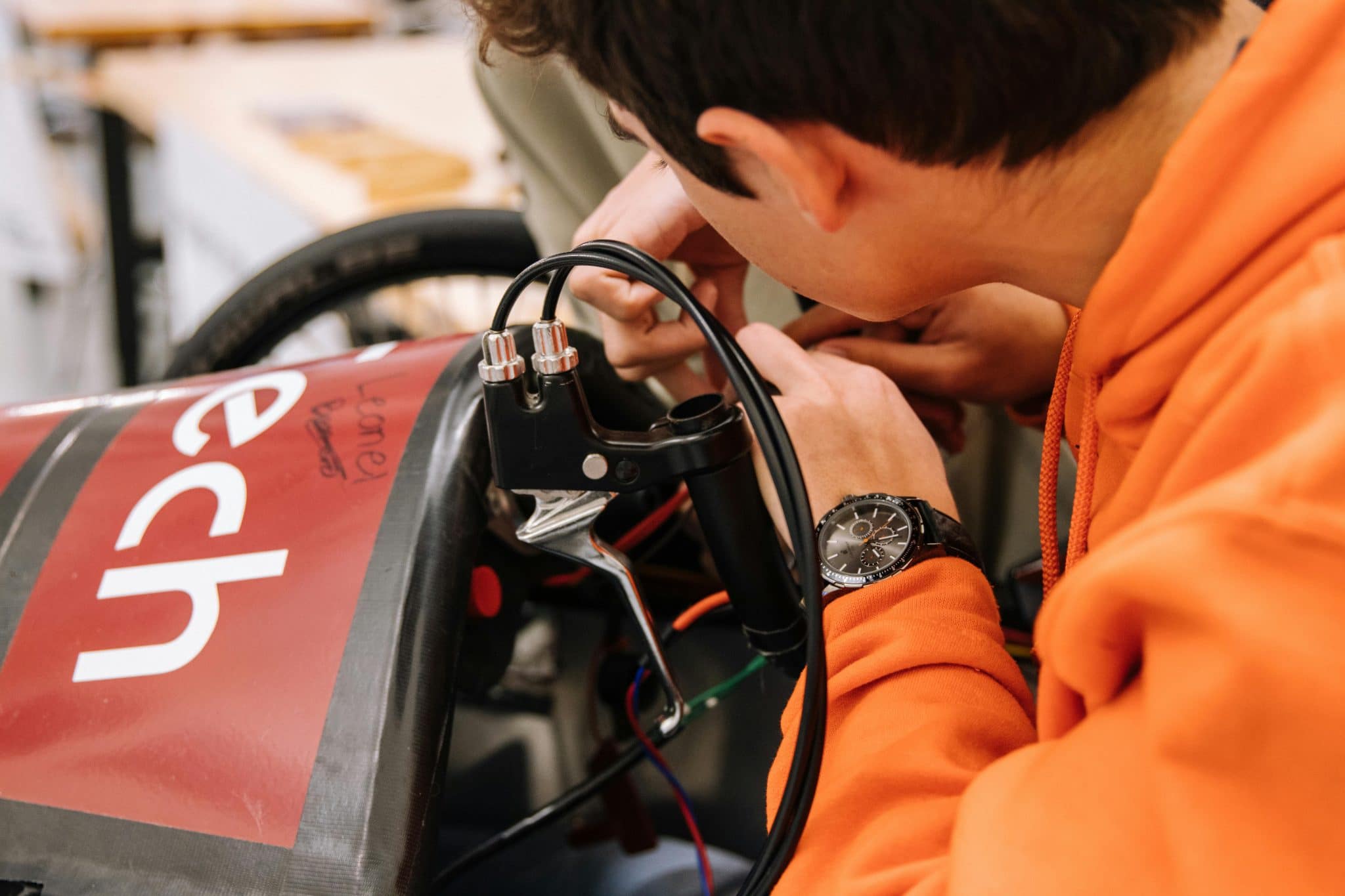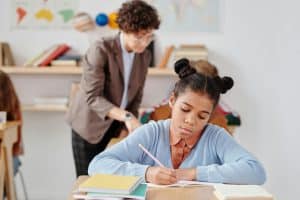Conflict Resolution: Essential Skills for Every Student
Conflicts are a natural part of life and can arise in any setting, whether it be at home, in the workplace, or even at school. As students, we often encounter conflicts with our peers, teachers, or even with ourselves. While conflicts can be difficult and uncomfortable to navigate, mastering conflict resolution is an essential skill for every student to possess. Not only does it help to build strong relationships and foster a positive learning environment, but it also prepares us for future challenges in both our personal and professional lives. In this article, we will discuss the importance of conflict resolution skills and the strategies that students can use to effectively handle conflicts in school.
The Importance of Conflict Resolution Skills for Students
Effective conflict resolution skills are crucial for students to develop, as they not only help to resolve conflicts but also prevent them from escalating into larger issues. By learning how to handle conflicts in a healthy and productive manner, students can improve their communication and problem-solving abilities, promote teamwork and collaboration, and build mutual respect and understanding among their peers.
Promotes Better Communication
At its core, conflict resolution is all about effective communication. By learning how to express their thoughts and feelings in a calm and respectful manner, students can avoid misunderstandings and misinterpretations that can often lead to conflicts. Conflict resolution also teaches students to actively listen and consider others’ perspectives, which helps them become better communicators in all areas of their life.
Develops Problem-Solving Skills
When faced with a conflict, students must analyze the situation, identify the root cause, and work towards a resolution. This process requires critical thinking and problem-solving skills, which are valuable assets in both academic and real-world settings. By practicing conflict resolution, students also learn to be proactive rather than reactive, which can help them to anticipate and prevent conflicts in the future.
Promotes Teamwork and Collaboration
In any group setting, conflicts are bound to arise. However, by equipping students with conflict resolution skills, they can learn to work together harmoniously and effectively resolve conflicts that may arise. This not only fosters a sense of camaraderie and teamwork but also prepares students for future group projects and collaborations in their academic and professional lives.
Builds Mutual Respect and Understanding
Conflicts are often the result of differing opinions, beliefs, or values. By engaging in conflict resolution, students can learn to respect and appreciate individual differences and find ways to work together despite any conflicts that may arise. This not only promotes a positive learning environment but also prepares students to be tolerant and open-minded individuals in an increasingly diverse world.
Strategies for Effective Conflict Resolution in School
Now that we understand the importance of conflict resolution skills for students, let’s explore some practical strategies that can help students effectively manage conflicts in school.
Take a Step Back
When faced with a conflict, it’s easy to react emotionally and say or do things that we may regret later. Instead, students should take a step back and calm themselves before addressing the situation. This allows them to approach the conflict with a clear and rational mindset.
Listen and Acknowledge
In any conflict, it’s essential to listen to the other party’s perspective and acknowledge their feelings. By actively listening and acknowledging their viewpoint, students can show that they value their opinion and are willing to work towards a resolution.
Communicate Assertively
Assertive communication involves expressing one’s thoughts and feelings in a clear and respectful manner. Students should use “I statements” instead of “you statements” when addressing conflicts, as this allows them to share their perspective without putting the blame on the other person.
Collaborate on Solutions
The goal of conflict resolution is not to prove who is right or wrong but to find a mutually beneficial solution. Students should work together to come up with creative and fair solutions that address the needs of both parties.
Show Empathy
Empathy is the ability to understand and share the feelings of another. Showing empathy towards the other party’s emotions can help to de-escalate conflicts and promote understanding and compromise.
In conclusion, conflict resolution is a vital skill for students to learn and practice. Not only does it promote healthy relationships and a positive learning environment, but it also prepares students for future challenges in their personal and professional lives. By using these strategies, students can effectively manage conflicts and build strong communication and problem-solving abilities that will serve them well throughout their academic and professional journey.










